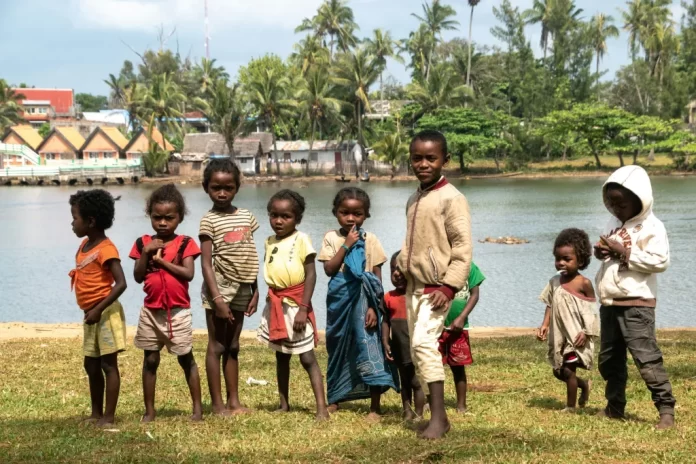
By Ashlee Banks, Special to the AFRO
U.S. Reps. Hank Johnson (D-Ga.-04) and Sydney Kamlager-Dove (D-Calif.-37) are celebrating a significant milestone in the global fight for racial equity and justice. The United Nations General Assembly has officially adopted a resolution establishing a second Decade for People of African Descent. This new decade will run from Jan. 1, 2025, to Dec. 31, 2034, and has garnered co-sponsorship from 87 United Nations Member States, reflecting a broad and united international commitment to addressing the systemic challenges faced by people of African descent worldwide.
Both Johnson and Kamlager-Dove introduced the resolution on Nov. 20. Their resolution called for the establishment of a second UN-designated International Decade for People of African Descent and urged comprehensive measures to combat racism and promote inclusion at both national and international levels.
Congressman Johnson expressed his pride in the resolution’s passage.
“The United Nations’ proclamation of a second Decade for People of African Descent is a monumental step toward justice and equity. It reflects our shared responsibility to address systemic inequities and uplift the contributions of people of African descent globally,” Johnson said in a statement.
“I am proud to lead this effort and grateful for the international community’s support,” the Georgia lawmaker continued.
Rep. Kamlager-Dove echoed Johnson’s sentiments, emphasizing the importance of the UN’s adoption of the resolution.
“I am proud that the UN adopted a resolution to establish a second ‘International Decade for People of African Descent,’ which Representative Hank Johnson and I called for in Congress last month,” the California lawmaker said in a statement.
“With this declaration, the UN has renewed a global commitment to people of African descent. The United States must uphold this promise by helping to pursue justice, ensure sustainable development, and address systemic and structural racism for Afro-descendants here at home and across the world,” she continued.
Congresswoman Barbara Lee (D-Calif.-12) further underscored the historical significance of this resolution and highlighted the moral imperative of promoting the contributions of the African diaspora.
“This resolution establishing the Second Decade for People of African Descent is truly historic; it reflects our shared values that all human beings are born free with equal dignity and rights,” Lee noted in a statement.
“We have a moral responsibility to promote the extraordinary contributions of the African diaspora and to highlight the ongoing fight for racial equity. This resolution reaffirms our support for progress in implementing policies that address the history of institutional racism,” she added.
Advocates for racial justice are also optimistic about the potential impact of the Second Decade.
Gimena Sanchez, director for the Andes at the Washington Office on Latin America (WOLA), said in a statement that she and her colleagues will work with Johnson and Kamlager-Dove to “advance this agenda.”
“This is a new opportunity to truly advance racial justice, reparations, protect African-based spiritualities, increase global political participation of Afro-descendants, and address the specific rights of women, LGBTQ individuals, children, and migrants,” Sanchez said in a statement.
The resolution drew support from several key cosponsors, including Reps. James P. McGovern (D-Mass.-2), Ilhan Omar (D-Minn.-5), Rashida Tlaib (D-Mich.-12), Nikema Williams (D-Ga.-5), Frederica S. Wilson (D-Fla.-24), and Delia C. Ramirez (D-Ill.-3).
The establishment of the Second Decade for People of African Descent presents an opportunity for nations worldwide to reaffirm their commitment to combating racism and fostering inclusion. It serves as a reminder that the fight for equality and justice continues, calling for collective action at all levels of society. As the world prepares for this new chapter, the hope is that it will lead to tangible improvements in the lives of millions of people of African descent, promoting dignity, respect and equal rights for all.

